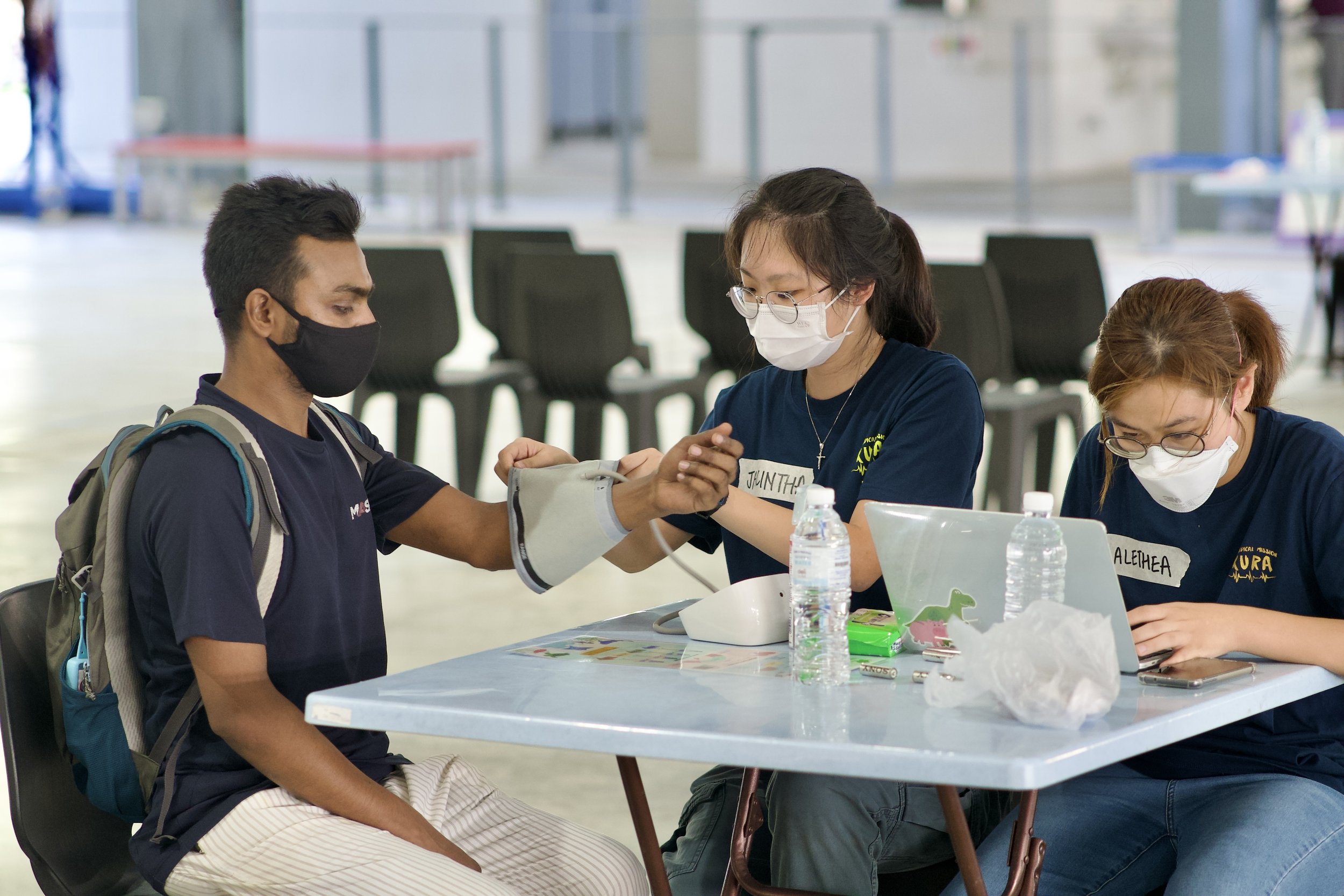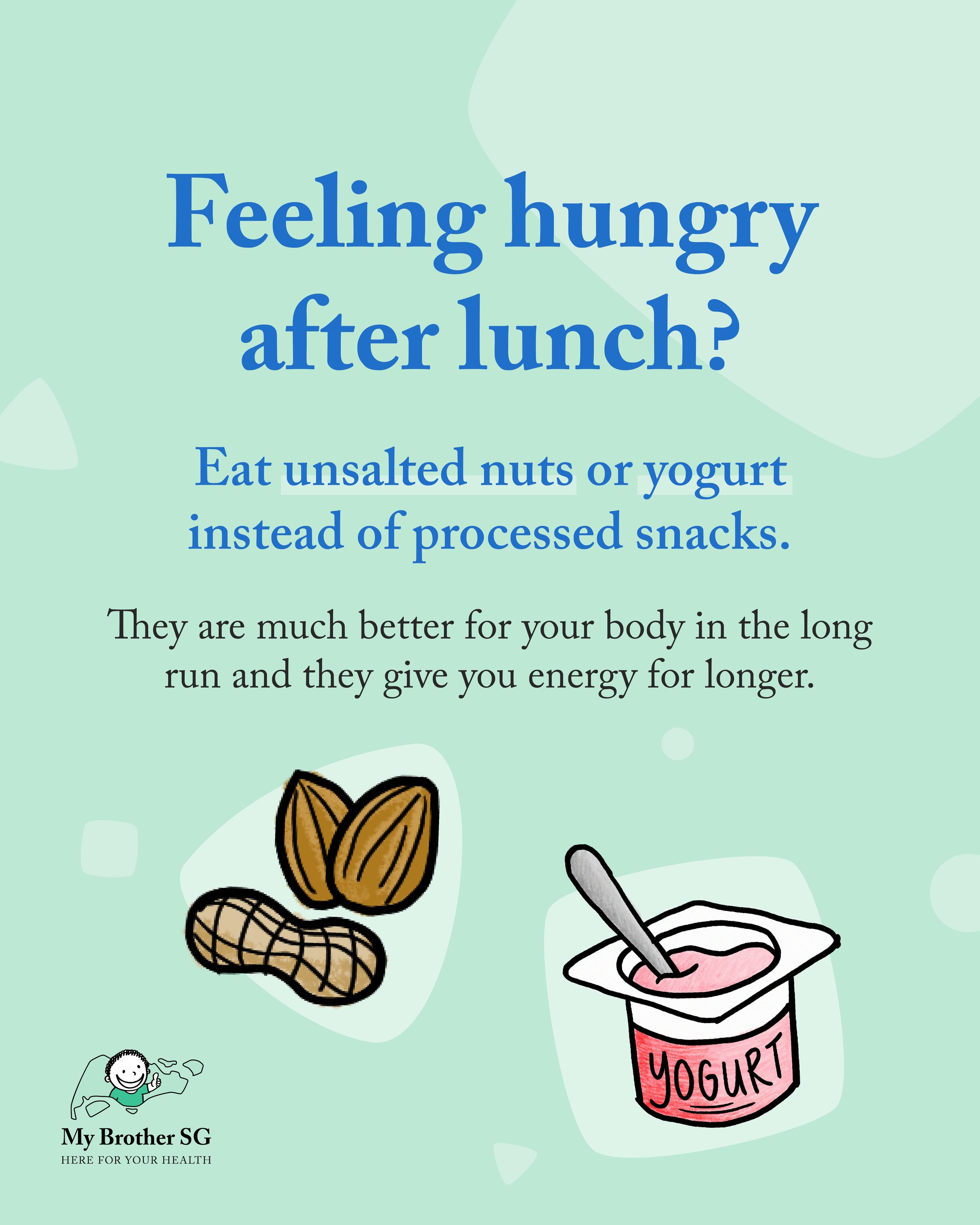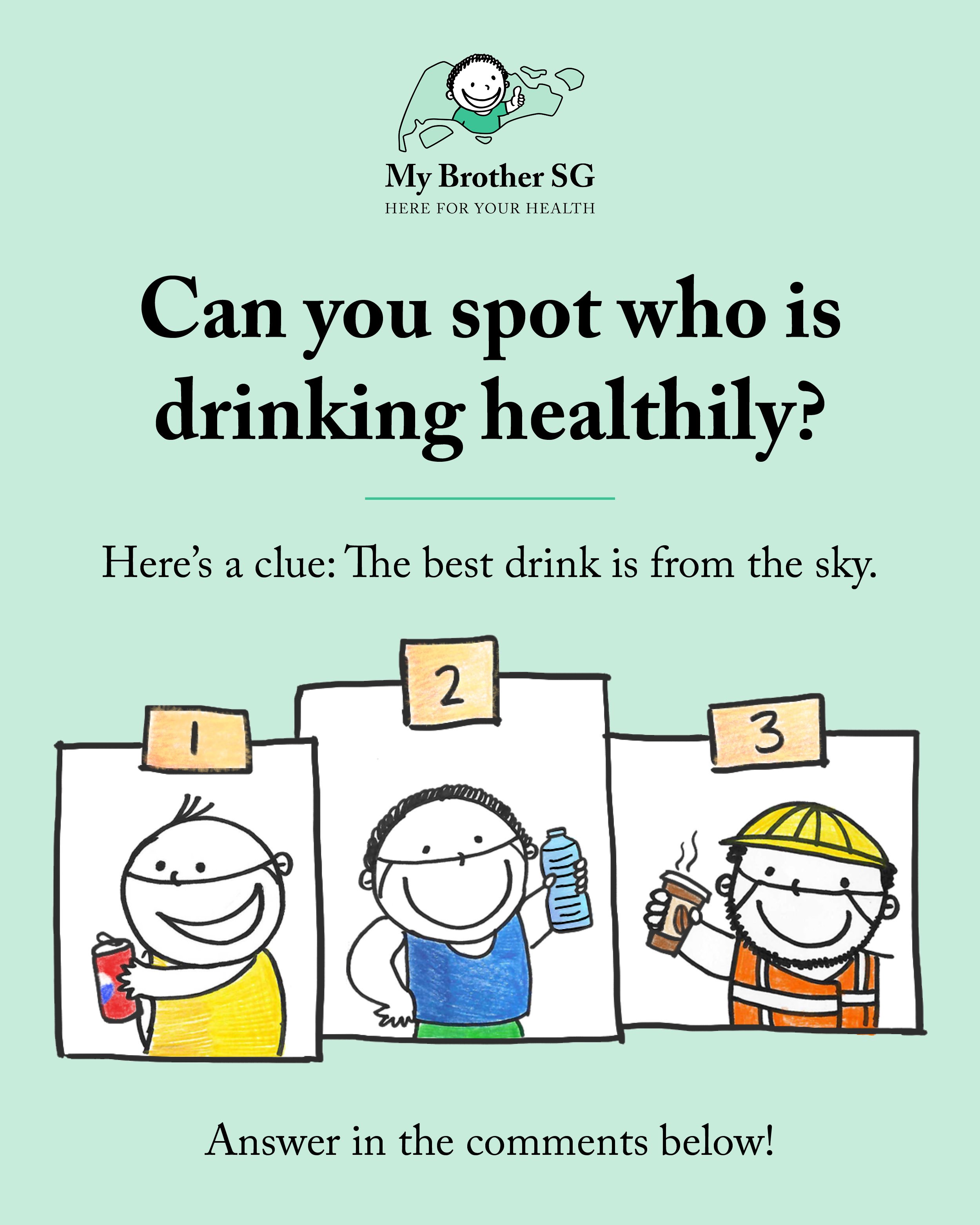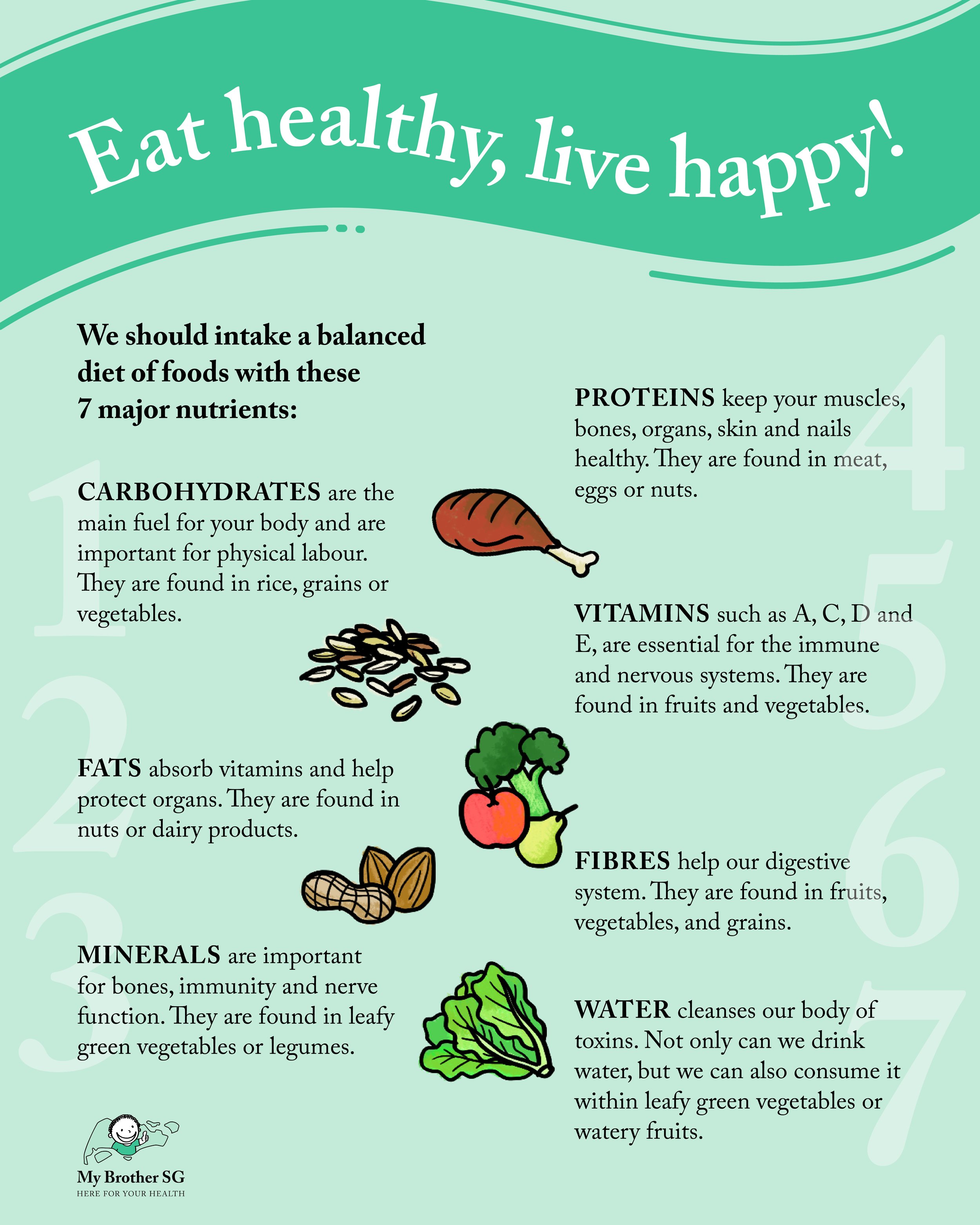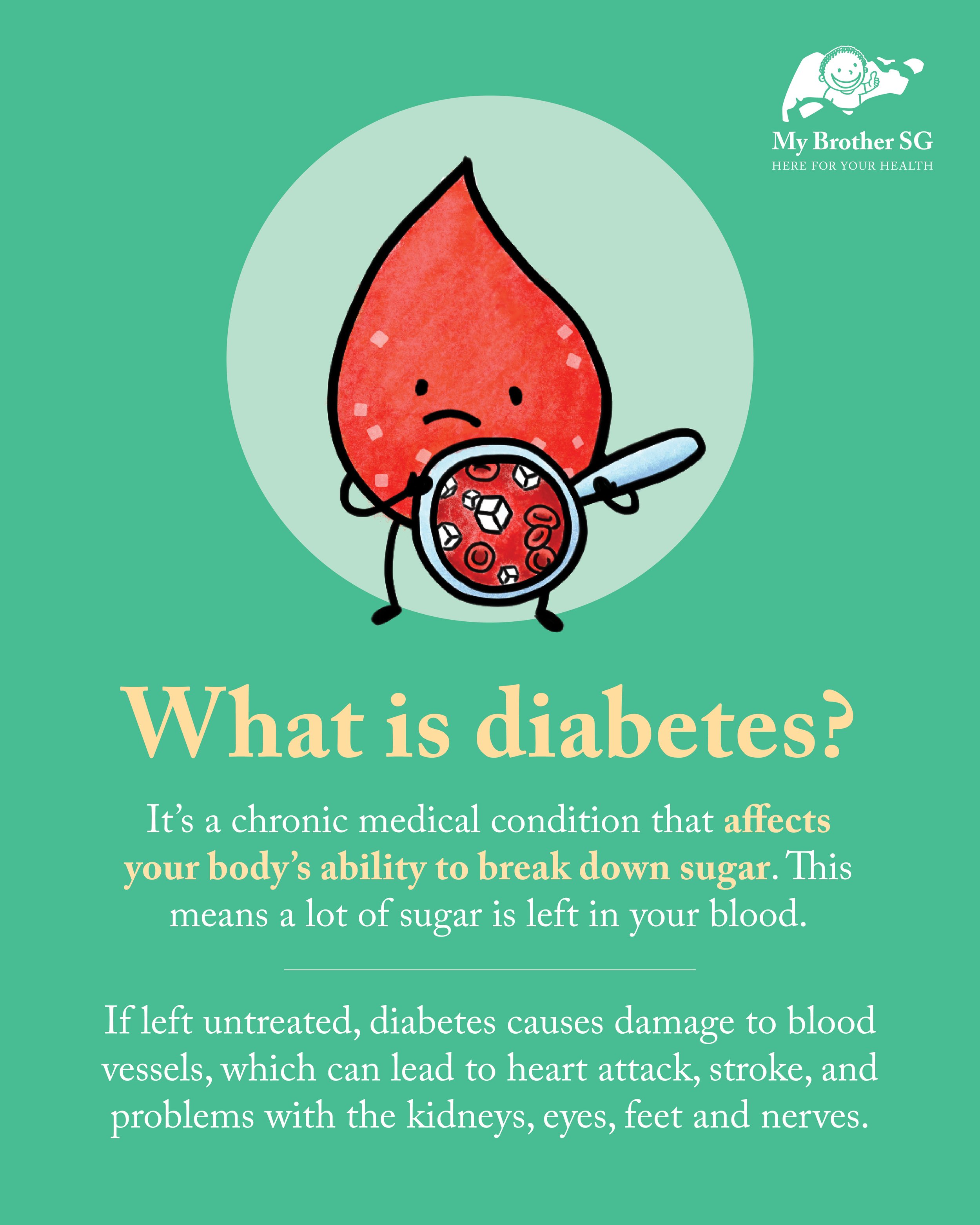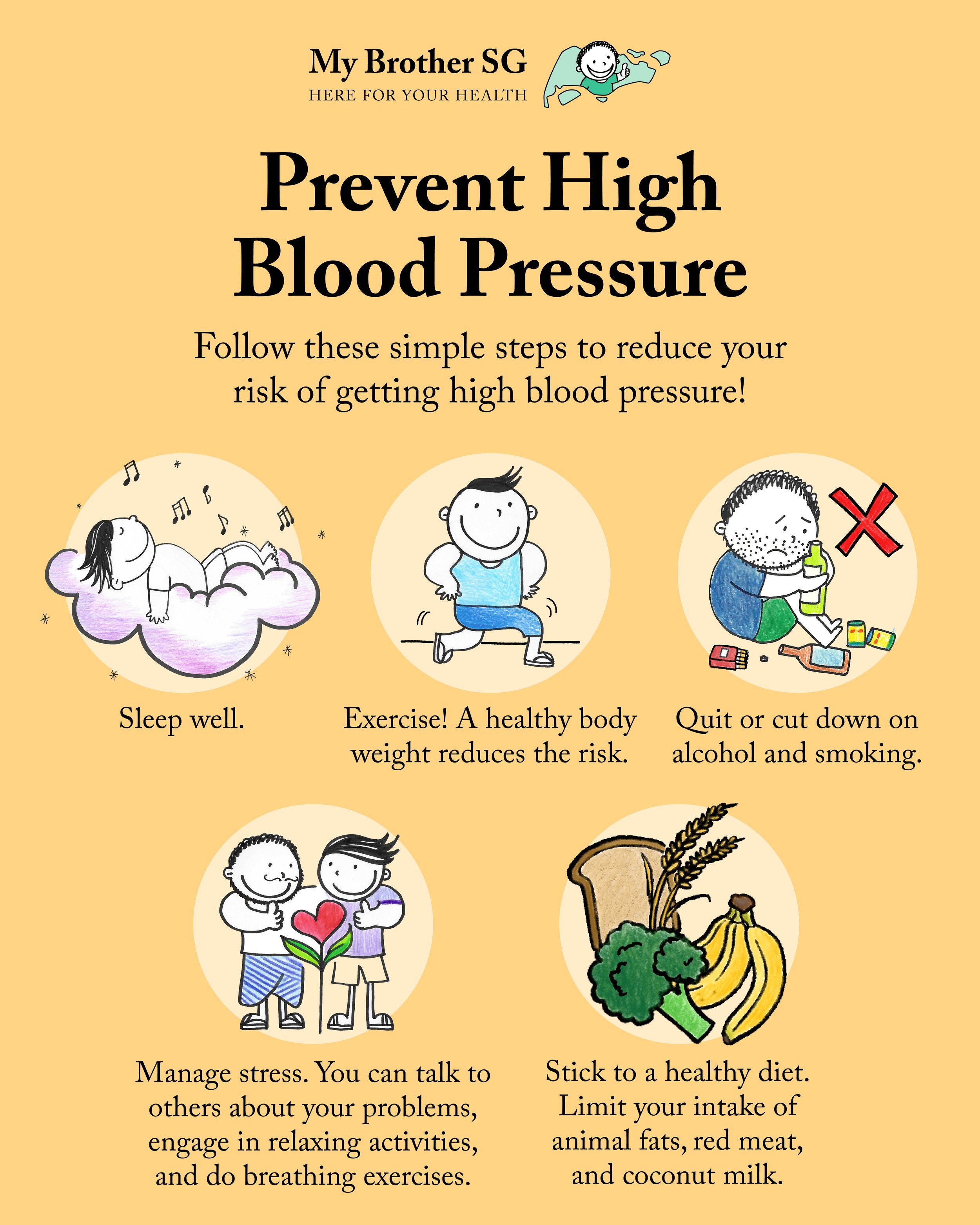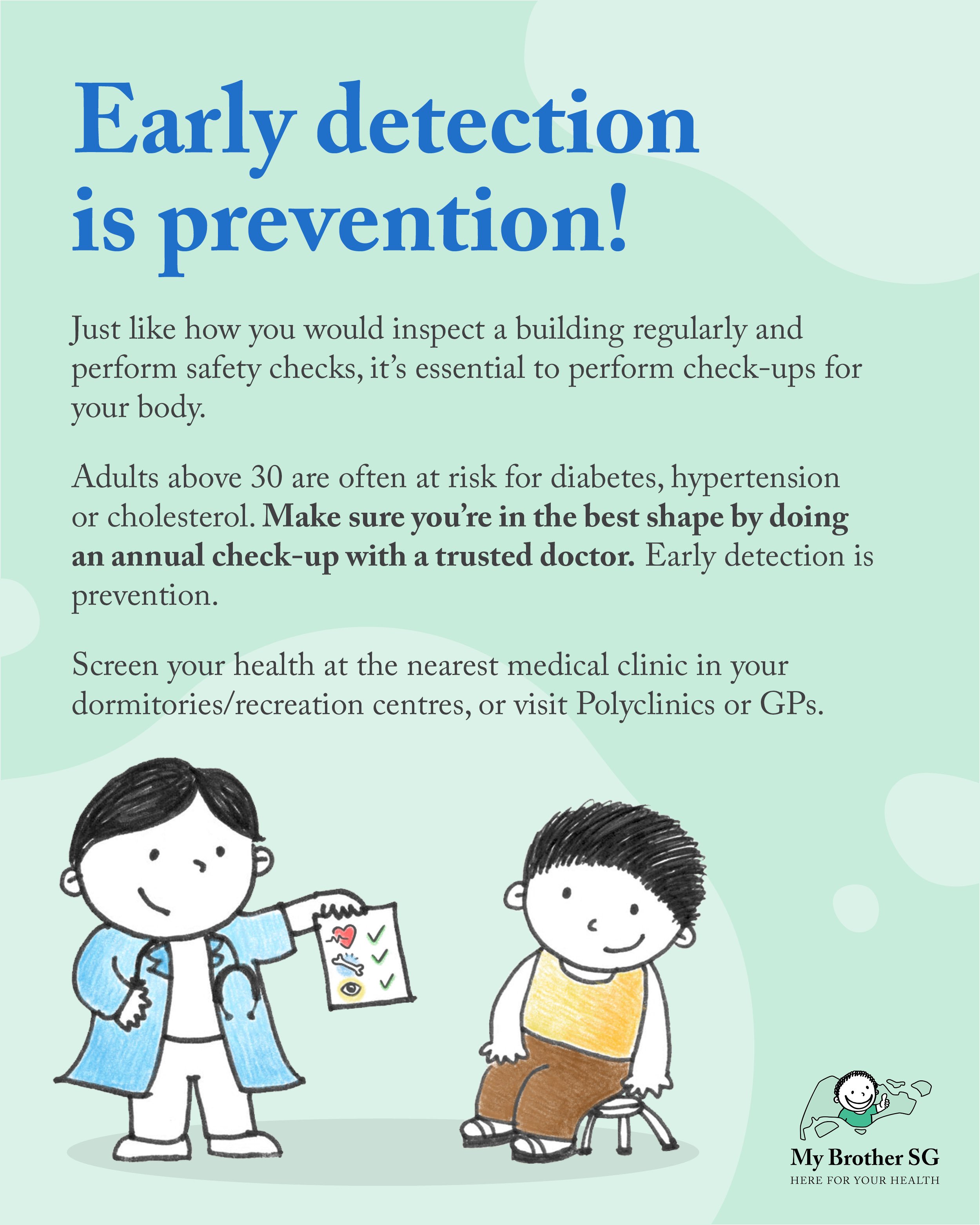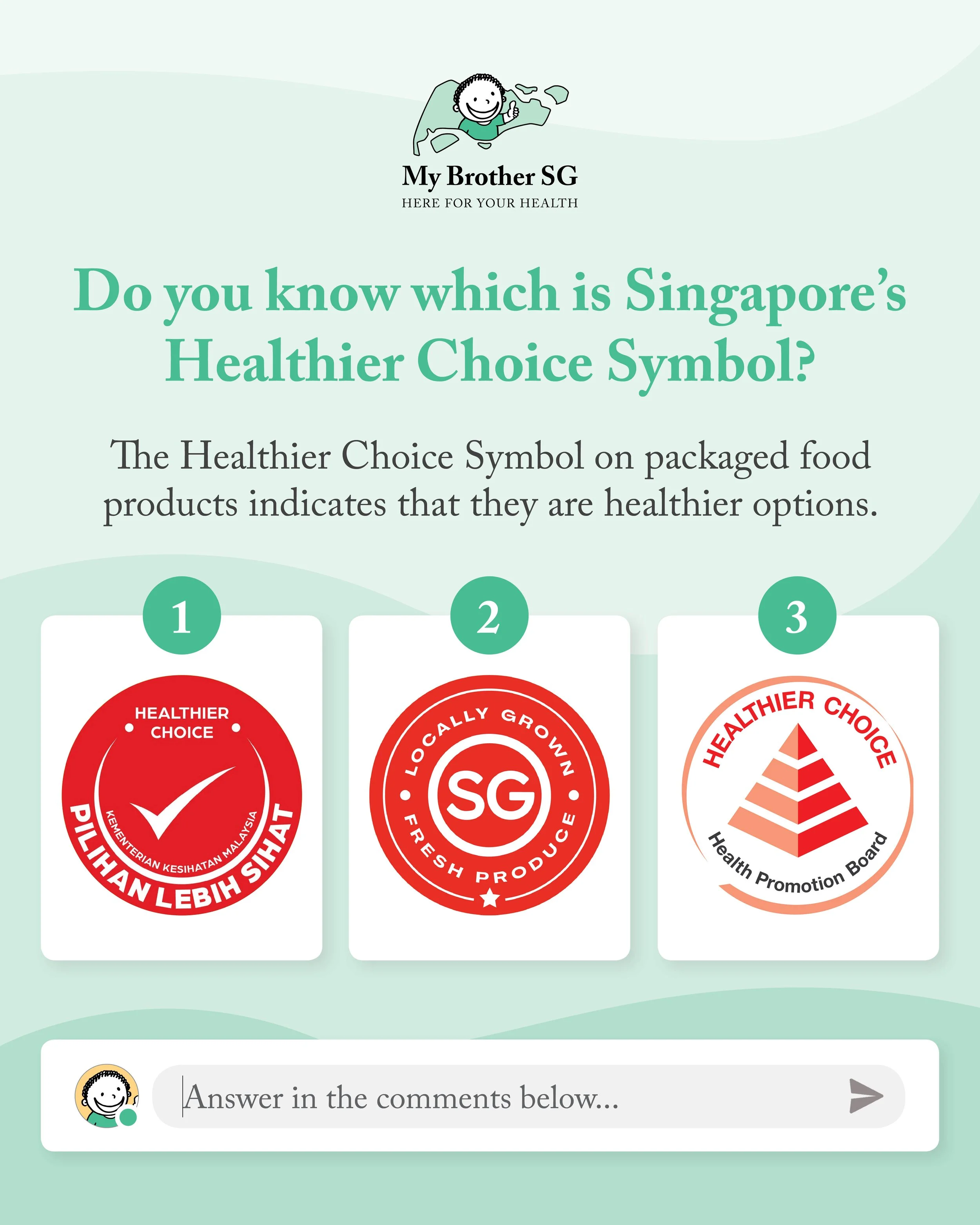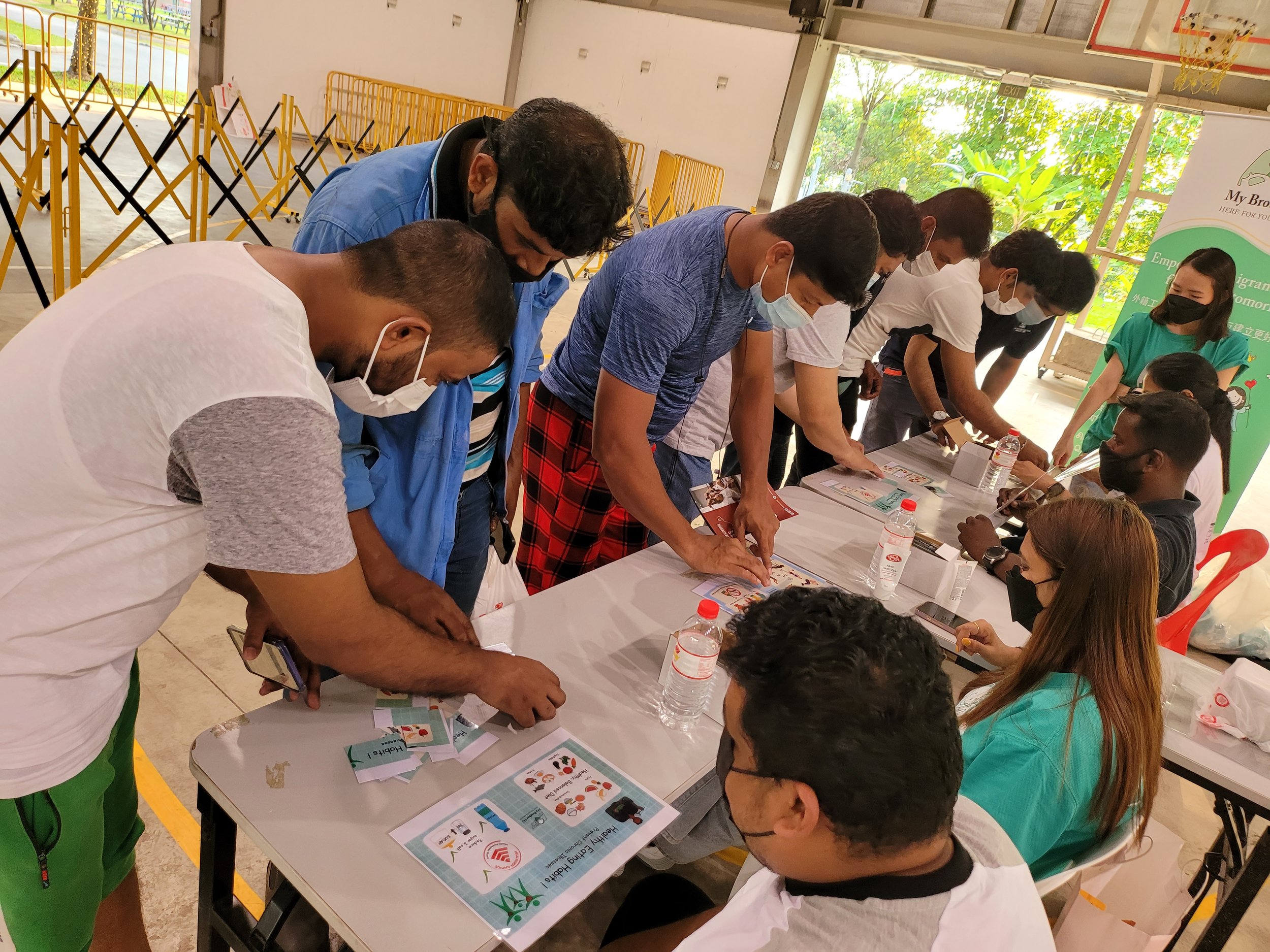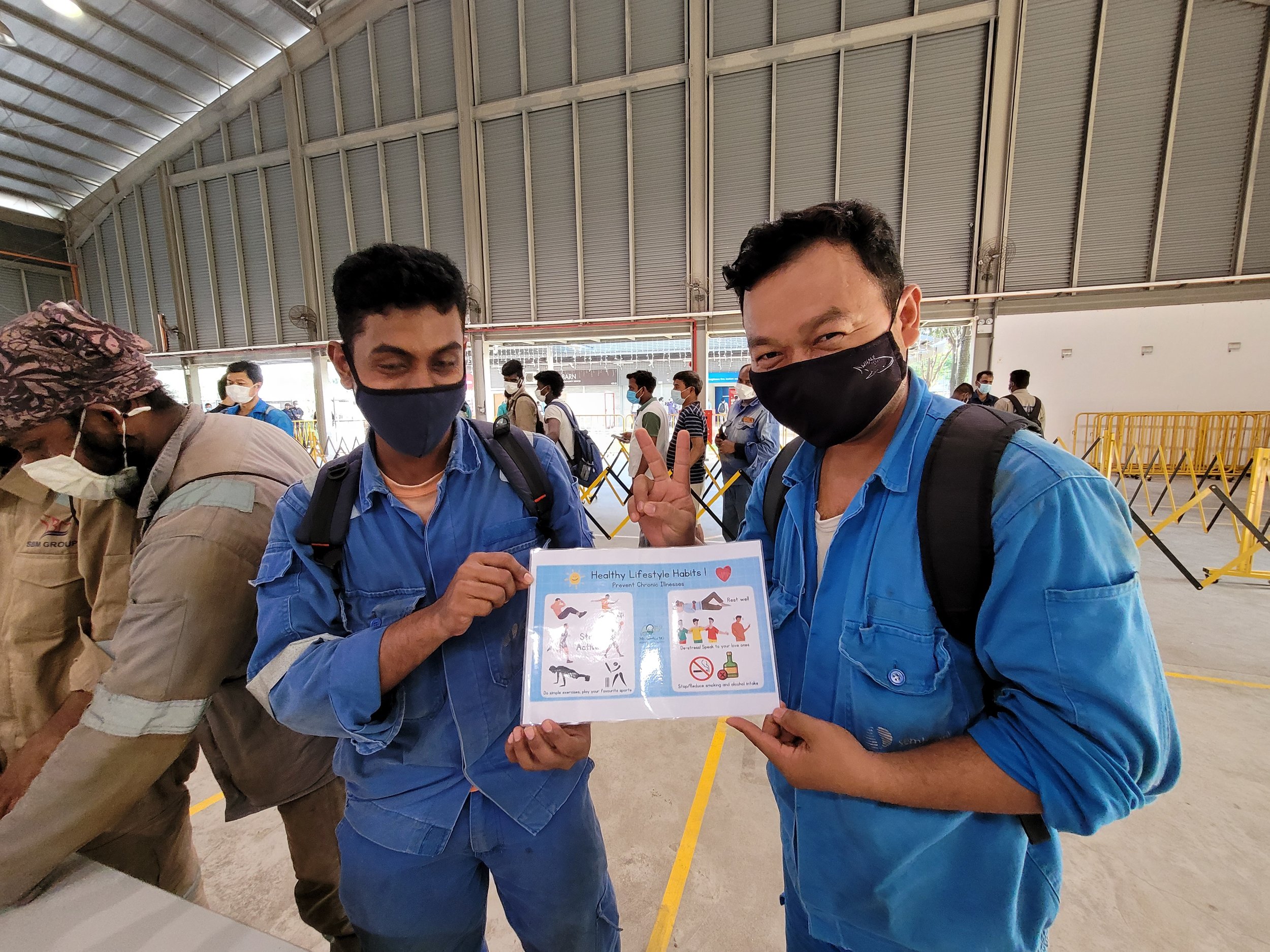What are Chronic Diseases?
দীর্ঘস্থায়ী রোগগুলি কী কী ?
நாட்பட்ட நோய்கள் என்றால் என்ன?
什么是慢性疾病?
Chronic diseases are long-term health conditions that usually last more than a year. They typically develop gradually and may have no cure. Chronic conditions often require continuous medical care and lifestyle changes to control symptoms and prevent further complications.
Chronic diseases are very common. According to the World Health Organization, chronic diseases kill 41 million people each year, which makes up 74% of all deaths globally.
Diabetes, high blood pressure, and high cholesterol are some of the most common chronic conditions. In this blog post, we’ll cover what these three conditions mean and how you can prevent them.
Diabetes
ডায়াবেটিস
நீரிழிவு நோய்
糖尿病
Diabetes is a chronic medical condition that affects your body’s ability to break down sugar. This means a higher than acceptable level of sugar is left in your blood.
If it is left untreated, diabetes may cause blindness, kidney failure, heart attack, stroke or amputation.
How to Know If You Have Diabetes
কীভাবে জানবেন যে আপনার ডায়াবেটিস আছে
உங்களுக்கு நீரிழிவு நோய் உள்ளதா என்பதை எப்படி அறிவது
如何知道自己是否有糖尿病
Common symptoms of diabetes include:
Excessive urination
Thirst
Unexplained weight loss
Exhaustion
Dizziness
Excessive hunger
If you suspect that you have diabetes, check with your doctor at the nearest medical clinic in your dormitories or recreation centres, or visit Polyclinics or GPs.
How to Prevent Diabetes
ডাায়াবেটিস কীভাবে প্রতিরোধ করবেন
நீரிழிவு நோயை எவ்வாறு தடுப்பது
如何避免糖尿病
To reduce your risk of getting diabetes, make healthier lifestyle choices such as:
Choose healthier foods
Drink water instead of sugary beverages
Exercise for 150 minutes each week
Have well-balanced meals with wholegrain food (e.g. brown rice, wholemeal bread)
Quit or cut down on alcohol and smoking
High Blood Pressure
উচ্চ রক্তচাপ
உயர் இரத்த அழுத்தம்
高血压
High blood pressure happens when your heart forcefully pumps more blood because of blockages in your blood vessels.
If it is not treated, it may lead to heart attack or stroke.
How to Know If You Have High Blood Pressure
পায়ের ব্যথা কি করে সারবেন
கால் வலியை எவ்வாறு நிர்வகிப்பது
如何舒缓腿痛
There are usually no symptoms of high blood pressure, even for those who have dangerously high blood pressure. A few people may experience headaches, shortness of breath and nose bleeds.
It is possible to find out if you have high blood pressure from health screenings. Go for regular check-ups once a year and have your blood pressure checked by a doctor.
How to Prevent High Blood Pressure
কীভাবে জানবেন যে আপনার উচ্চ রক্তচাপ আছে
உங்களுக்கு உயர் இரத்த அழுத்தம் உள்ளதா என்பதை எப்படி அறிவது
如何知道自己是否有高血压
These simple tips can reduce your risk of getting high blood pressure:
Sleep well
Exercise and keep a healthy body weight
Quit or cut down on alcohol and smoking
Manage stress – seek help and practice healthy habits (e.g. exercise, do relaxing activities)
Have well-balanced meals
Eat less salty foods
High Cholesterol
উচ্চ কলেস্টেরল
அதிகக் கொழுப்புச்சத்து
高胆固醇
High cholesterol occurs when bad fats build up in your blood vessels. It is usually linked with high blood pressure.
If it is untreated in the long run, the build-up of fats can block your blood flow completely, causing chest pain, heart attack or stroke.
How to Know If You Have High Cholesterol
কীভাবে জানবেন যে আপনার উচ্চ কলেস্টেরল আছে
உங்களுக்கு அதிக கொளுப்புச்சத்து உள்ளதா என்பதை எப்படி அறிவது
如何知道自己是否有高胆固醇
High cholesterol does not show symptoms. Most people find out from a blood test. It is important to detect and manage early to prevent heart diseases. Go to the doctor for a regular health screening once a year.
How to Prevent High Cholesterol
উচ্চ কলেস্টেরল প্রতিরোধ করবেন কীভাবে
அதிக கொழுப்புச்சத்து நோயை தடுப்பது எப்படி
如何避免高胆固醇
Follow these simple tips to reduce your risk of getting high cholesterol:
Have a balanced diet
Make healthier food choices
Reduce fat intake. Eat less animal fat and oily food. Choose food with healthier fats like nuts or low-fat yogurt.
Stay active. Play sports like soccer or badminton.
Chronic diseases can significantly impact a person’s quality of life, affecting their physical, emotional, and social well-being. It can also be a financial burden, as money needs to be spent on medication or treatments. Choose to prevent chronic diseases today by adopting a healthy lifestyle.
Remember, the key to managing chronic diseases is early screening and detection. Visit the doctor for a health screening at least once a year to make sure your health is in good shape. For migrant brothers who stay in dormitories or work in the Construction, Marine and Processes (CMP) sectors, check with your employers if you have Primary Care Plan (PCP) coverage. The PCP includes one annual basic health screening.
Find more resources on chronic diseases here.
